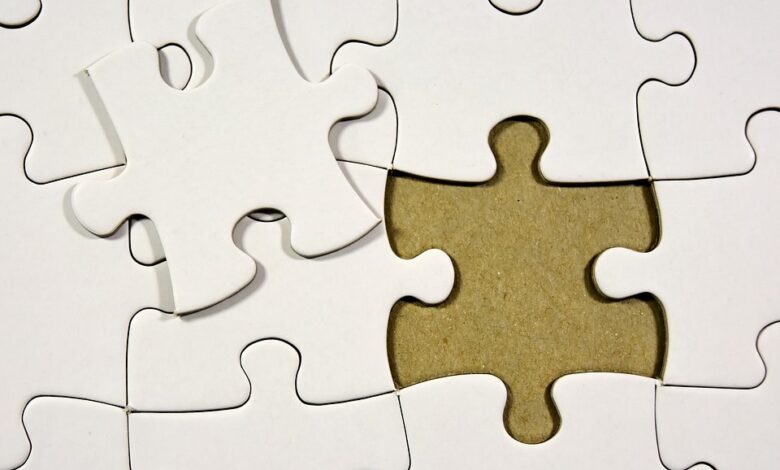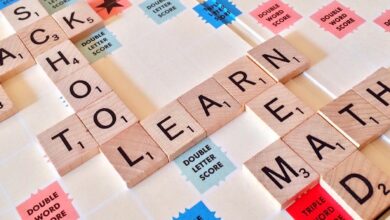From Mahjong to Jenga: The Cultural Significance of Puzzle Games around the World

Puzzle games have been an integral part of human culture for centuries. From ancient civilizations to modern societies, these games have captured the imagination of people from all walks of life. They not only provide entertainment but also offer significant insights into the cultural values, traditions, and cognitive abilities of various societies. Let us explore the cultural significance of puzzle games around the world, ranging from the popular Chinese game of Mahjong to the universally loved Jenga.
Mahjong, originating in China during the Qing dynasty, is a game that dates back to the 19th century. It is not just a simple game of tiles but a reflection of Chinese culture. The game is played with a set of beautifully crafted tiles, each bearing intricate symbols that depict elements from Chinese mythology, philosophy, and history. It requires a deep understanding of strategic thinking, memorization, and calculation skills. Mahjong is often seen as a social activity that brings people together, promoting conversation, camaraderie, and the passing down of ancestral wisdom.
Moving west to the Indian subcontinent, we encounter the ancient puzzle game of Riddles, or “Paheli.” This traditional form of entertainment challenges players with cleverly worded questions that often carry moral and philosophical connotations. Riddles not only stimulate critical thinking but also showcase the cultural knowledge, oral traditions, and linguistic skills of the players. These puzzles often serve as a means of transmitting cultural values, wisdom, and folklore from one generation to the next.
Traveling across Europe, we discover the Rubik’s Cube, a three-dimensional puzzle that has captured the minds of millions since its invention in 1974. This deceptively simple-looking cube requires logical thinking, spatial awareness, and problem-solving skills to solve its colorful puzzle. The popularity of the Rubik’s Cube not only highlights the fascination with mathematics and logic in Western cultures but also reflects a desire to overcome challenges and find solutions amidst complexity.
In North America, we find the classic game Jenga, which showcases the cultural values of balance, stability, and precision. The tower-building game requires players to carefully remove wooden blocks without toppling the structure. The game promotes focus, concentration, and a delicate touch – skills that are highly valued in American society. Playing Jenga fosters a sense of competition, teamwork, and celebration of small victories when the tower remains intact.
These examples illustrate how puzzle games have become embedded in various cultures, acting as a mirror of societies’ values, skills, and aspirations. They offer cultural immersion and an opportunity to appreciate the richness and diversity of different civilizations.
Puzzle games are not merely abstract forms of entertainment; they serve as conduits for cultural exchange, education, and cognitive development. They enable players to understand different ways of thinking, problem-solving techniques, and even learn about historical events, traditional beliefs, and folklore.
Moreover, puzzle games provide a platform for social interaction and bonding. Whether it is the friendly rivalry of Mahjong, the deep contemplation of riddles, or the excitement of playing Jenga, these games bring people together, fostering connections and shared experiences.
In an increasingly interconnected world, puzzle games serve as bridges between cultures, breaking down barriers and promoting understanding. They offer a unique glimpse into the collective imagination and intellectual capacities of diverse societies.
So, the next time you sit down to enjoy a puzzle game, remember that behind its colorful tiles or blocks lies a tapestry of cultural stories, values, and skills that transcend time and place. Embrace the opportunity to explore, learn, and celebrate the cultural significance of puzzle games around the world.





